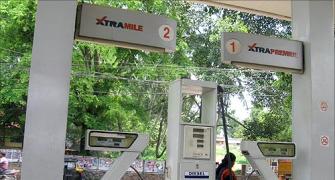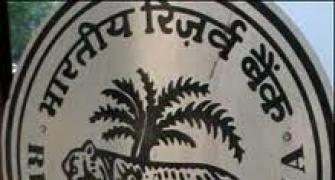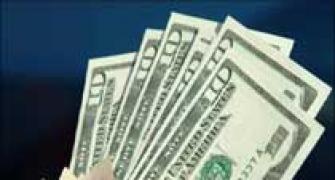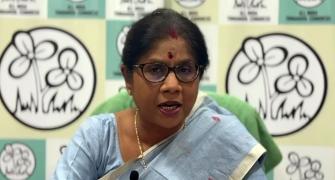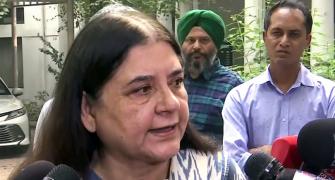Lehman Brothers' collapse broke off India's brief run of nine per cent economic growth a year from 2005-06 to 2007-08. The journey to high growth, snapped in 2008-09, was partly restored next year when the economy grew 8.4 per cent against 6.7 per cent a year ago.
However, it came with a cost to the exchequer. Fiscal deficit, targeted to fall to three per cent of gross domestic product (GDP) during 2008-09, rose to six per cent that year.
As economic expansion dipped to 5.8 per cent in the third quarter of 2008-09, the government rushed to facilitate growth. It cut excise duty and service tax and increased public expenditure. This cost the exchequer Rs 1.67 lakh crore more, doubling the fiscal deficit from budget estimates as a proportion of GDP.
The tide of the global economy has again turned to anti-growth in general. From a banking crisis, now we are in the midst of a sovereign debt crisis in the Euro zone and a faltering recovery in the United States.
The Indian economy was originally estimated to revert to nine per cent growth in 2011-12, but economic expansion fell to 6.5 per cent, 0.2 percentage points lower than the crisis period. Fiscal deficit again touched over 5.7
This year, economic growth is not showing signs of any higher growth. The first quarter of 2012-13 yielded just 5.5 per cent growth. Industrial growth rose just 0.1 per cent, exports fell almost 15 per cent and non-oil imports contracted faster than oil imports in July, indicating where the economy is headed. More, already more than half the estimated fiscal deficit for 2012-13 has been exhausted in just first four months.
Many economists say we are back to the days of 2008-09, and the government and Reserve Bank would not have much room to provide stimulus.
In 2008-09, exports and imports contracted, which did not push up the current account deficit much. But last financial year, the current account deficit jumped to the highest level of 4.2 per cent of GDP due to high imports of oil and gold. So, in a way, problems now are much more compounded.
Devendra Pant, director of India Ratings (part of Fitch group), said policy makers will have to take steps to push up demand to revive the economy.
"Today, we are witnessing lack of demand from overseas, as well as on the domestic side due to policy inaction on many fronts." Pant pegged GDP growth this fiscal at six per cent with downward bias, which means it would be way below what was seen in the 2008-09 crisis period.


